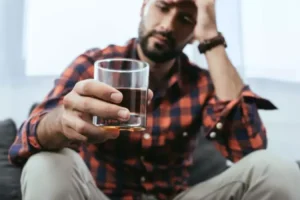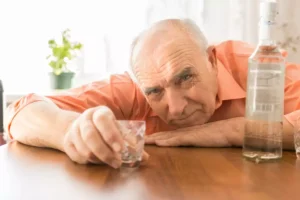
However, it is always advisable to consult a doctor or pharmacist before drinking alcohol with any new medication. If you do drink alcohol while on blood thinners, do so in moderation. That means one drink a day for women and men age 65 and older. For men under age 65, up to two drinks a day is considered moderate. If you take blood thinners and wish to consume alcohol, speak to your healthcare provider first. They will consider the state of your health and the medications you take.
Increased Protein Intake
The effects of Xarelto can be affected by alcohol, and those taking the medication should limit the amount of alcohol used. While some alcohol may be safe, specific situations should be discussed with a doctor. Talk with a healthcare professional to find out which blood thinner you qualify for. According to the Dietary Guidelines for Americans, published by the U.S. Department of Agriculture, moderate drinking is up to one drink per day for women and up to two drinks per day for men.
When to contact a doctor

You may have a higher chance of getting clots in the veins in your legs after a hip or knee replacement. This is called deep vein thrombosis, which can cause a pulmonary embolism, which is when a blood clot breaks off your blood vessel and travels to your lungs, where it gets stuck. But anticoagulants can help prevent deep vein thrombosis after surgery. Coumadin is one of the most commonly used blood thinners in the U.S., but it carries a 3% to 6% risk of major bleeding. Alcohol should be avoided when taking Coumadin, as it is one of the most serious risk factors for complications with this medication.
- In fact, most blood-thinning medications will specifically advise against mixing them with alcohol.
- Always consult your healthcare provider to ensure the information displayed on this page applies to your personal circumstances.
- Red blood cells have the greatest influence on the blood’s viscosity, since they account for up to half its volume.
Are some blood thinners different than others in this regard, or is it all the same risk?

That can be hard to keep track of, so many doctors will tell you to avoid them to make it simpler. Make sure any doctor who prescribes medication for you knows you’re taking a blood thinner. Other medications in this category include Xarelto (rivaroxaban), Savaysa (edoxaban), and Arixtra (fondaparinux). Factor Xa inhibitors have an anticoagulation effect by blocking factor Xa, which therefore helps decrease blood clot production. As prescriptions increase, so do patient questions, and one common query is, “Can I mix Eliquis and alcohol? ” First, let’s talk about the uses of Eliquis and other safety information.

- A 2017 review explains that alcohol consumption has complex and varying effects on platelets, which are small blood cells that initiate the coagulation cascade, causing blood to clot.
- According to the American Blood Clot Association, one study showed that the alcohol content in 1 or 2 drinks could potentially decrease blood clotting.
- One test tube study also found evidence that grape seed extract can stop platelets sticking together.
- People taking blood thinners are cautioned against drinking alcohol, but research has found that it is generally safe when done so infrequently and in moderation.
People taking blood thinners are cautioned against drinking alcohol, but research has found that it is generally safe when done so infrequently and in moderation. Speak to a healthcare provider before drinking alcohol while on blood thinners. Alcohol can thin your blood by preventing blood from clotting. Research has found that alcohol affects the process of blood coagulation. “Coagulation” is a term used to describe the process of blood cells known as platelets sticking together.
High blood pressure can be noted by various symptoms but sometimes people experience no symptoms at all. The only way to know if your blood pressure is high is to have it checked, so that you can does drinking make your blood thinner take steps to manage pain and high blood pressure through lifestyle changes and medication. Pain can cause high blood pressure due to what’s called the baroreceptor reflex of your nervous system.
